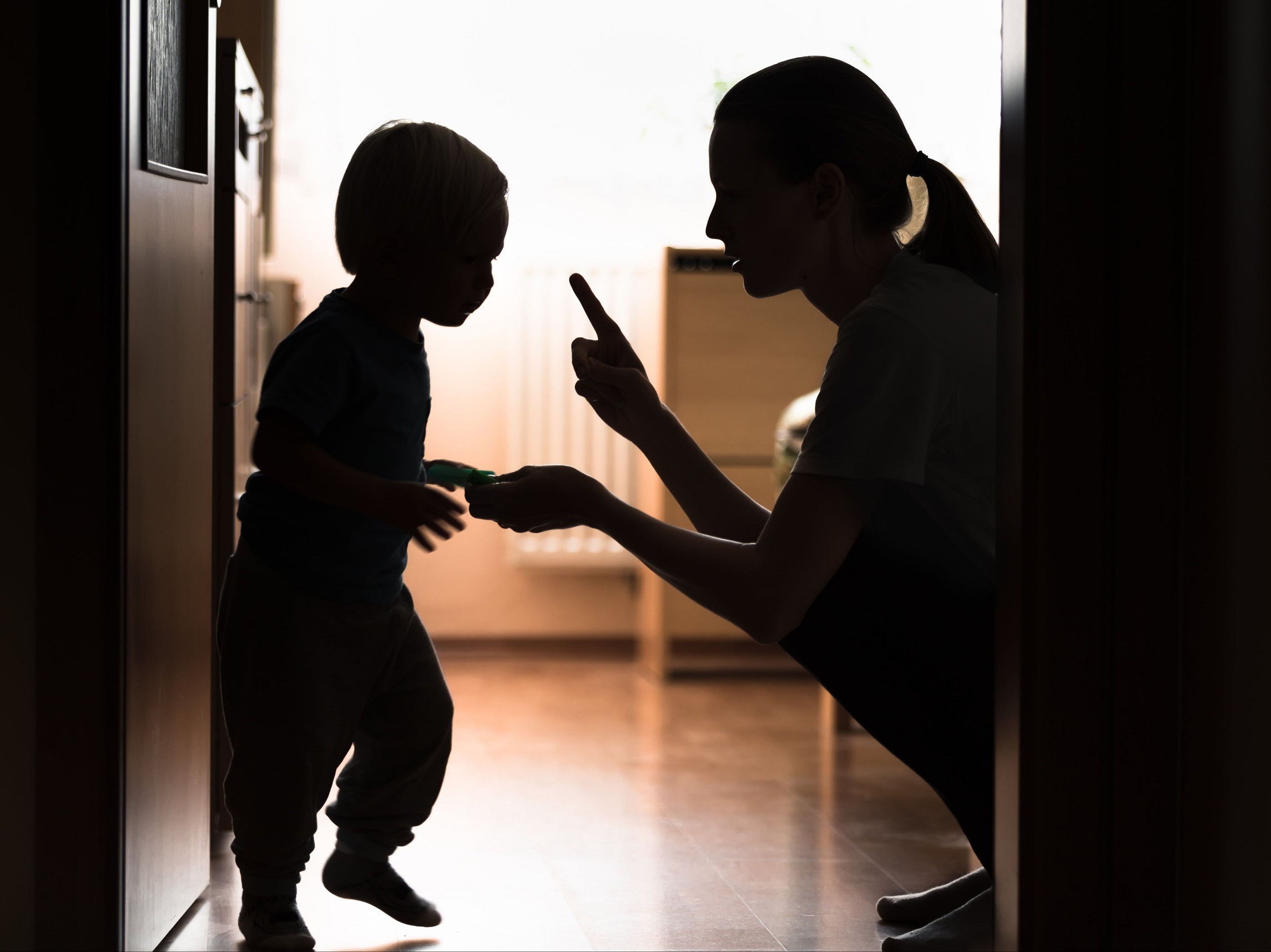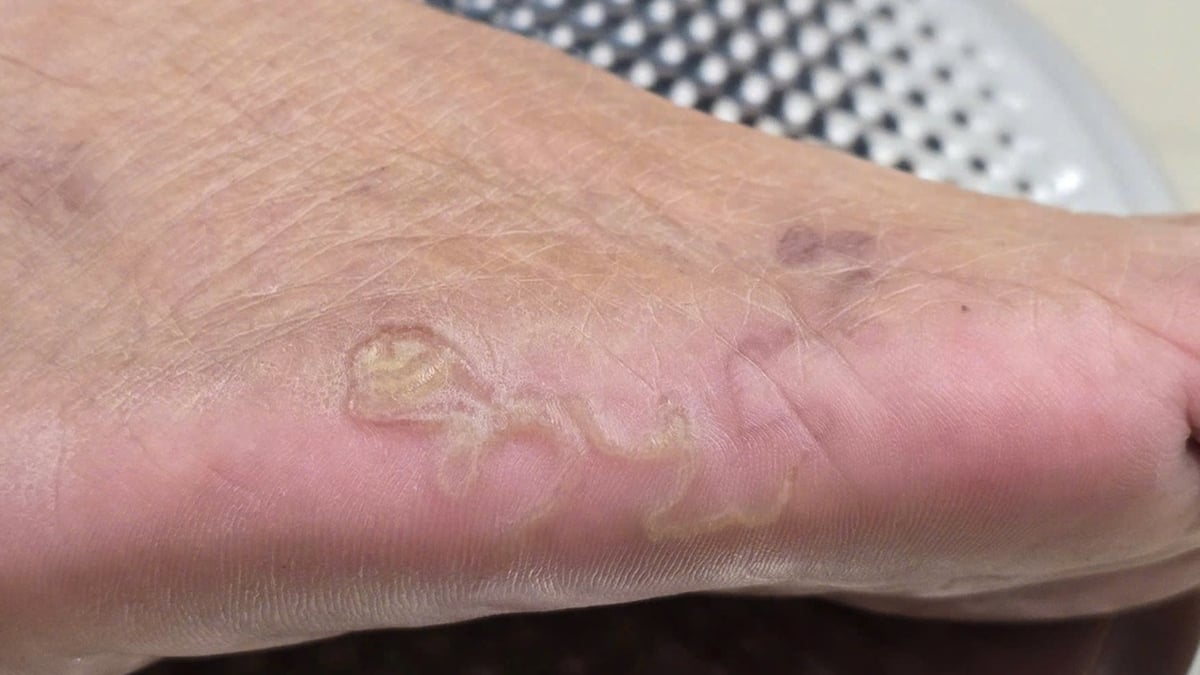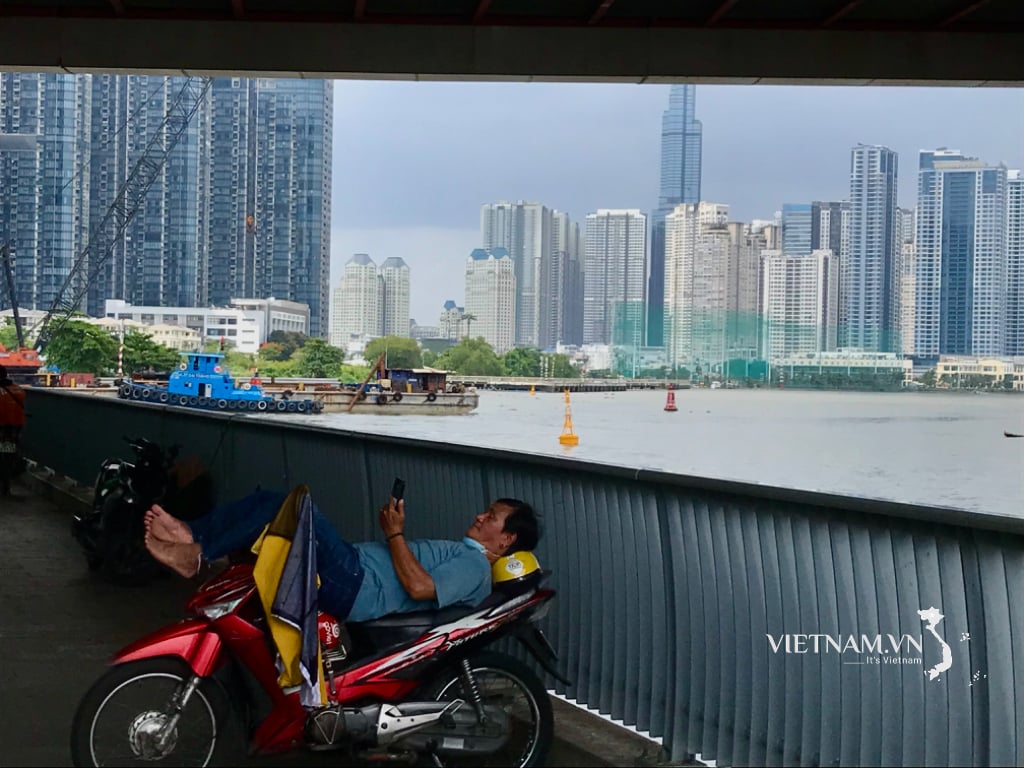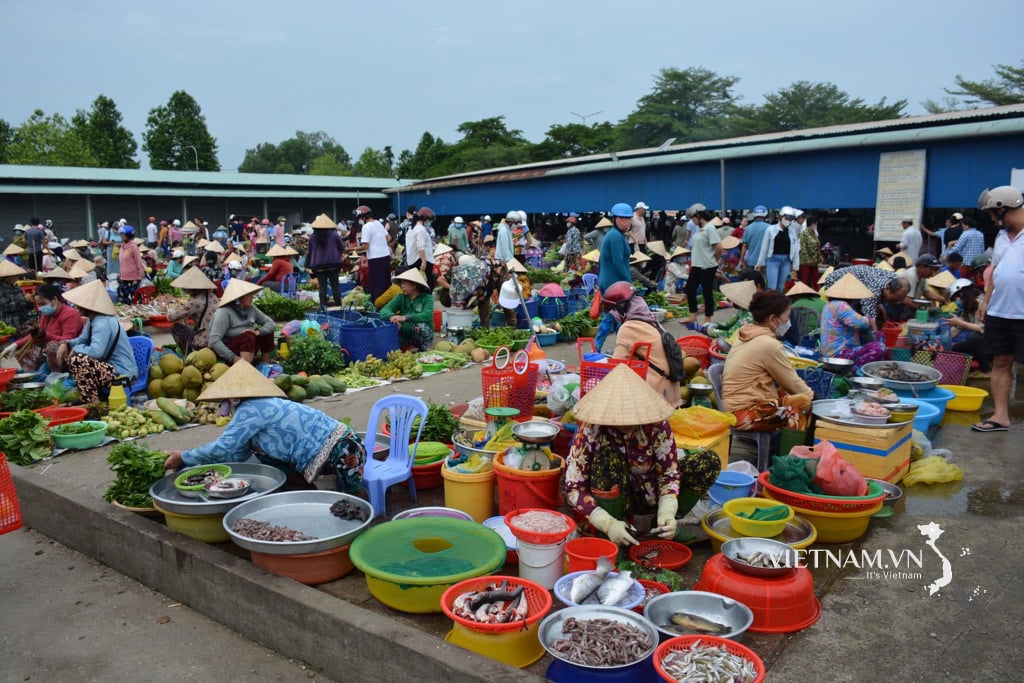Parents punishing their children can be a good educational measure.
Recently, doctors at the Royal Society of Paediatrics and Child Health have called on the British Government to ban physical punishment of children in all forms. Regarding this, Professor Robert Larzelere, an expert in the field of family science and human development at Oklahoma State University (USA), has given his own opinion.
According to Professor Robert, parents punishing their children can be a good educational method if applied properly. Mr. Robert himself and many of his friends grew up with the familiar threat from their parents: "If you don't listen, I will beat you."
Professor Robert and his friends all grew up well under this traditional parenting style. They all became exemplary, educated citizens.
Some experts now believe that spanking is outdated and uneducational, and that authorities should ban it altogether. In fact, spanking has been banned in more than 60 countries, and about 20 others are considering it.
However, as a child education expert with decades of experience researching child rearing, Mr. Robert believes that banning parents from spanking their children is a mistake.

Professor Robert Larzelere is an expert in the field of family science and human development at Oklahoma State University (USA) (Photo: DM).
Mr. Robert believes that punishing disobedient children is the right educational method. This helps children quickly understand the problem, bringing benefits to their development.
First, we need to understand the form of punishment being discussed. The punishment here is a few slaps with the hand on the child's bottom, repeated no more than a few times in one round of punishment. The hit does not leave wounds or red marks on the skin.
In addition, corporal punishment should only be used by parents when other measures have not been effective. The purpose of corporal punishment is to make children realize that there will be consequences if they do not obey their parents.
Why do parents need to punish their children?
In fact, in most countries around the world , spanking children was once considered a normal part of parenting. However, since the 1980s, a trend of "gentle parenting" has emerged.
At this time, there were people who believed that using any form of punishment on children showed that the parents had failed in their parenting. Instead, parents should calmly and patiently explain to their children why their actions were wrong.
According to Professor Robert, the "gentle parenting" method can be suitable for children who are easy-going and cooperative. However, for stubborn and disobedient children, sometimes they need to be punished to become more obedient.

When parents cannot punish their children, they easily lose control and become angrier than necessary (Illustration: Alamy).
Firstly, one of the reasons why doctors at the Royal College of Paediatrics and Child Health have proposed that the British Government ban physical punishment of young children is to protect children from abuse. However, Professor Robert's research shows that this is not necessarily true.
In 2000, Germany banned corporal punishment of children. However, a social survey conducted in 2007 showed that only 32% of parents in Germany knew that corporal punishment of children was banned.
Parents who still "carelessly" punish their children because they do not understand the law say they do not lose control of themselves when their children do not obey. Meanwhile, many parents who no longer punish their children feel helpless in front of their children, easily becoming angry and losing control when their children are disobedient.
This shows that when parents cannot punish their children, they easily lose control and become angrier than necessary. Even if they do not punish their children, they may scold them harshly, causing excessive negative emotions to appear in both parents and children.

Children who like to rebel, if not effectively educated by their families, will tend to commit crimes later in life (Illustration: iStock).
In addition, opponents of spanking children argue that this method can make children believe that violence is an acceptable solution. This makes children more likely to have violent tendencies when they grow up.
However, research conducted by Professor Robert shows the opposite. Specifically, preschool children are more likely to become aggressive and unruly if they are not punished by their parents. Children still maintain this aggressive and unruly tendency, even when their parents patiently explain what not to do.
On the contrary, children who were punished by being forced to stand in the corner or were beaten, reduced their aggression and stubbornness quite quickly. Through practical observations, Professor Robert believes that, if applied properly, the method of punishment can bring educational benefits to children.
Professor Robert's practical research shows that isolation punishment (requiring children to stand in a corner of the house, or sit alone in a separate room) and physical punishment are effective measures to help children become less stubborn and unruly.
A survey conducted in 2001 showed that children who are rebellious and defiant, if not effectively educated by their families, will tend to commit crimes later on. Therefore, it is very important for parents to teach their children to be obedient and cooperative in their growth.
Parents being strict when their children become stubborn and disobedient actually helps them develop better in the long run.

Being able to punish children when other educational measures are ineffective helps improve parents' quality of life (Illustration: iStock).
Finally, opponents of spanking often argue that solitary confinement is sufficient and that spanking is not necessary. However, sometimes solitary confinement is ineffective and parents need more options.
Professor Robert believes that being able to punish children when other educational measures fail can also improve the quality of life of parents.
A research team in Belgium is conducting a large-scale study in 42 countries on parental burnout. This is a state of stress and fatigue for parents around the responsibility of raising children, leading to a number of symptoms such as depression, sleep disorders, emotional disorders...
Currently, this research shows that parental burnout is most prevalent in Western countries, which are considered to have civilized and progressive educational environments for young children.
This is a surprising finding, because the Western families participating in this study generally have good economic conditions and living environments.
One possibility that researchers are proposing to explain this phenomenon is that parents in many Western countries pursue a gentle parenting approach. They minimize punishments for their children, even if they are light.
This has inadvertently created a generation of stressed, tired, and exhausted parents. Many find themselves unable to effectively teach their children because they are too stubborn.

Physical punishment has a certain effect in the process of raising children, if applied properly (Illustration: iStock).
In general, although he does not support a complete ban on corporal punishment, Professor Robert affirms that this method is only effective if parents use it sparingly, 1-2 times per month, or even less if possible.
In addition, punishment must be appropriate to the child's age. Children under 2 years old are too young, reasoning with them is ineffective, so physical punishment is acceptable. But for children over 12 years old, physical punishment will be harmful to their development.
The reason is that at this age, parents need to start treating children like adults. Spanking will make children feel like they are still being treated like children.
Although more and more people are against the use of physical punishment for children, Professor Robert still believes that this method has a certain effect in the process of raising children, if applied properly.
According to Daily Mail
Source: https://archive.vietnam.vn/phat-don-tre-la-bien-phap-co-tinh-giao-duc-khong-nen-cam/























































![[Maritime News] Container shipping faces overcapacity that will last until 2028](https://vphoto.vietnam.vn/thumb/402x226/vietnam/resource/IMAGE/2025/7/30/6d35cbc6b0f643fd97f8aa2e9bc87aea)













































Comment (0)